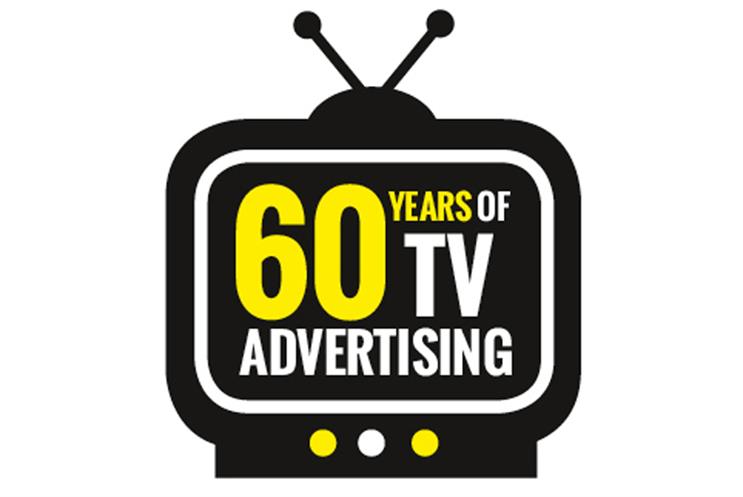
Martin Moll is European marketing director at Nissan
TV advertising has changed in many ways, no doubt influenced by the massive array of channels available, as well as formats for consumer consumption. As such, it means we get far more 'infomercial' style content, and there is a risk that brands try to maximise their broadcast by adapting formats to suit what I term as 'quick message sales drivers'. This comes at the expense of true consumer engagement, entertainment, and ultimately, brand affinity and desire.
Back in the day, there were very few TV channels and only the big brands could play in that space. If you look back far enough, there were commercials on TV that were very much the 'infomercials' of the day. And then there were the awkward ads that presented women purely as housewives, whose only pleasure was to be domesticated and wait patiently for their husband to return home from a hard day’s work. Ironically, you have something similar with the massive explosion of channels, where anyone can put something on air, and the shopping channels of today have kind of gone back to this odd era of how new gadgets and appliances can almost save your life.
The comms industry often ponders whether TV has a place, and whether everything is moving towards digital and online formats. This is an irrelevant debate in many ways; the bottom line is that consumers are still watching screens and they love great content. Full stop. It’s the role of the advertisers to make this hugely engaging, rewarding, exciting, educational, informative, and most importantly, to leave an impression on the consumer.
Consumers will be able to dictate exactly how they want the brand message to play out. They will continue to engage with their communities to demand how they want brands to behave and respond. It will then be the role of the brand to come back to those communities to demonstrate that they genuinely care, are customer focused, and customer relevant.
The most exciting part of advertising is that - while media channels have changed - at its core, it’s not actually changed so much. People love and adore fantastic stories. The role of brands is to become much better at storytelling: to know, identify, and share their brand truths, in a way that is hugely impactful to the consumers.
The best ads are like the most impressive people you can ever recall having met; they’ve never tried selling you something. Instead they communicated in such a way that it had a huge personal impact on you, where you felt a part of something, and indeed if you weren’t, you wanted to be a part of it.
To mark 60 years of TV advertising we're asking readers to vote for their favourite TV ad of all time.


